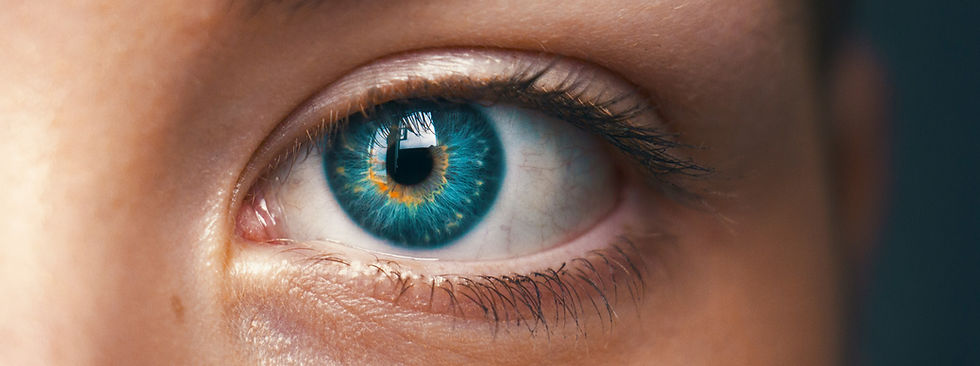What Is Sleep Hygiene And What Do I Need To Do?
- Jess Pirotte
- Sep 25
- 2 min read

We’ve all heard of the benefits of a good night’s sleep. But how do we get there? Sleep
Hygiene refers to practices that promote a restful night’s sleep.
What are the benefits of good sleep hygiene?
Improved sleep quality
Reduced daytime fatigue
Enhanced mood and cognitive function
Lower risk of chronic diseases, such as obesity, heart disease, and diabetes
Increased productivity and performance
What do I need to do to have good sleep hygiene?
Make your sleep environment comfortable- if you’re able, invest in high quality pillows, sheets and a comfortable bed.
Remove distractions from your sleep environment- Keep your room dark, quiet and cool.
Follow a consistent bedtime schedule- even on weekends, you should be aiming to go to bed and wake up at the same time, getting 7-9 hours of sleep.
Avoid stimulants, heavy meals and snacks- try to eat 3 hours before bed and skip the caffeine after lunch.
Limit screen time- blue light from our screens affects our circadian rhythm, so try to shut them off at least 30 minutes before bedtime.
Exercise- we know, it seems to be the answer to everything! But regular exercise can help regulate your sleep in addition to improving your overall health.
Avoid naps- limit daytime Zs to under 30 minutes or skip the nap altogether.
Reduce alcohol consumption- while it might make you feel sleepy, alcohol can actually have stimulating effects after a few hours, causing you to awaken or have trouble falling asleep.
Don’t smoke- a healthcare provider advocating quitting? Shocking! 😂In all seriousness, in addition to the other negative consequences, nicotine is a stimulant that can interfere with your sleep.
Why do I need good sleep?
A good sleep does more than make us feel better (though that’s important too!). Sleep is the period when the body can regenerate and heal from the day. Interrupted or poor sleep can increase the risk of cardiovascular disease, diabetes, memory impairment, mood disorders, obesity, and more. Have you tried everything on this list and find you’re still struggling to sleep well? There could be medical or anatomical issues getting in your way. Contact us today for help!




Comments